Transcending and Including the Ego
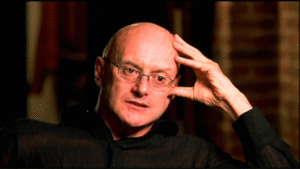
Some years ago I caused something of a scandal when I pointed out that the original Sanskrit root of the word “Yoga,” meant “Union,” and that the objective of the spiritual path was not to get rid of the ego and of our imperfections, but instead to embrace and transform them.
Much later I discovered that I was not alone in my understanding:
“Transcending the ego” thus actually means to transcend but include the ego in a deeper and higher embrace, first in the soul or deeper psychic, then with the Witness or primordial Self, then with each previous stage taken up, enfolded, included, and embraced in the radiance of One Taste. And that means we do not “get rid” of the small ego, but rather, we inhabit it fully, live it with verve, use it as the necessary vehicle through which higher truths are communicated. Soul and Spirit include body, emotions, and mind; they do not erase them.”
–Ken Wilber (American Philosopher, 1949-)
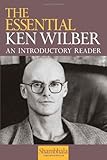
“The Essential Ken Wilber: An Introductory Reader.” (Ken Wilber)
Primal Revelation
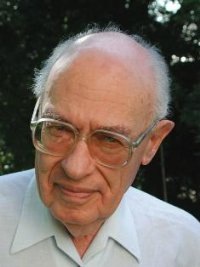
“The Creator…in pointing with the word, he shows himself, and is revealed. This is the primal revelation, creation itself.”
–Georg Kühlewind (Hungarian Philosopher, Writer, Lecturer, and Meditation Teacher, 1924-2006)
{‘Becoming Aware of the Logos’ The Imagination of Pentecost: Rudolf Steiner & Contemporary Spirituality Richard Leviton}

“Imagination of Pentecost” (Richard Leviton)
Help On The Path
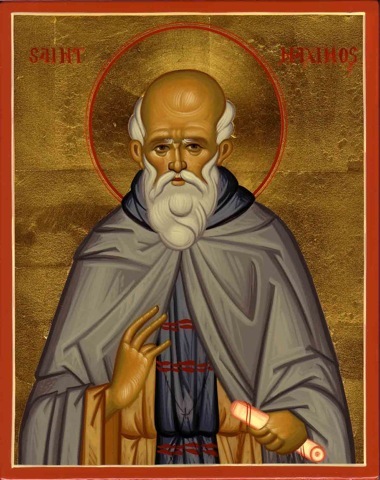
“Like a good and loving physician, God heals with individual treatment each of those who are trying to make progress.”
–St. Maximos the Confessor (Christian, Monk, Theologian and Scholar, c.580-662)
The Important Thing Is the Search
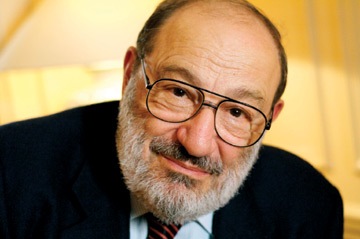
“But the important thing is not the finding, it is the seeking, it is the devotion with which one spins the wheel of prayer and scripture, discovering the truth little by little. If this machine gave you the truth immediately, you would not recognize it, because your heart would not have been purified by the long quest.”
–Umberto Eco (Italian Writer and Semiologist, 1932- )
Following the Light
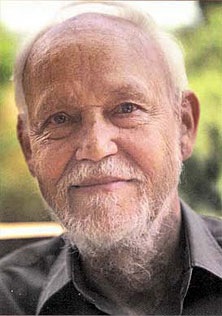
“Follow the light where it leads, and do not underestimate the possibilities and resources in this human life that each one of us has been privileged to be given.”
–Huston Smith (Chinese-born American Religious Studies Scholar and Emeritus Professor at Syracuse University, 1919-)

“The Way Things Are: Conversations with Huston Smith on the Spiritual Life” (Huston Smith)
When You Finally Find Yourself
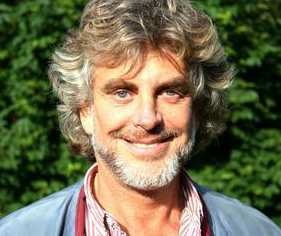
“When the ‘I am’ is discovered – and every enlightened tradition has said this – we find ourselves and we find God. Look for yourself, and you’ll find your creator.”
–Carlos Warter (Chilean-born Psychiatrist, Author and Lecturer, 1950-)
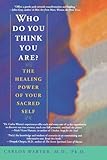
“Who Do You Think You Are? The Healing Power of Your Sacred Self” (Carlos Warter)
Before You Try to Meditate
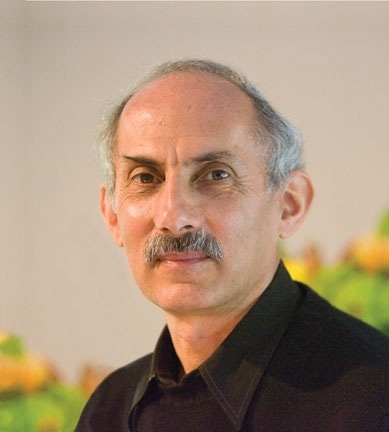
Anyone who has taught any form of meditation, t’ai chi ch’uan or one of the many other spiritual paths knows that this is absolutely true:
“All too often the mistaken belief that enough sincere practice of prayer or meditation is all that is needed to transform their lives has prevented teachers and students from making use of the helpful teachings of Western psychology. In an unfortunate way, many students of Eastern and Western spirituality have been led to believe that if they experience difficulties, it is simply because they haven’t practiced long enough or somehow have not been practicing according to the teachings. . . .
In truth, the need to deal with our personal emotional problems is the rule in spiritual practice rather than the exception. At least half of the students at our annual three-month retreat find themselves unable to do traditional Insight Meditation because they encounter so much unresolved grief, fear, and wounding and unfinished developmental business from the past that this becomes their meditation.”
–Jack Kornfield (American Meditation Teacher in the Theravadan Buddhist Tradition, 1945-)
Serving Two Masters
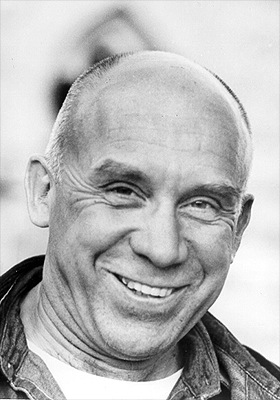
Most of us spend our lives serving not just two, but multiple masters. If we really want to step out on the spiritual path we have to start to change that, otherwise the path will likely remain an intellectual interest, and it’s hard to make much progress. Nobody’s going to deny that it can be difficult to make changes when we are being pulled in multiple directions at once, but ultimately it is well worth doing!
“A life is either all spiritual or not spiritual at all. No man can serve two masters. Your life is shaped by the end you live for. You are made in the image of what you desire.”
–Thomas Merton (French-born American Trappist Monk and Writer, 1915-1968)

“Centering Prayer: Renewing an Ancient Christian Prayer Form” (Basil Pennington)
Doing What You Must Do
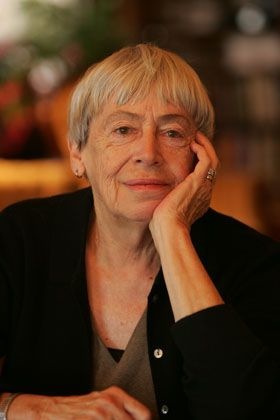
“You thought, as a boy, that a mage is one who can do anything. So I thought once. So did we all. And the truth is that as a man’s knowledge widens, ever the way he can follow grows narrower; until at last he chooses nothing, but does only and wholly what he must do.”
–Ursula K. Le Guin (American Writer, 1929-)

“A Wizard of Earthsea (The Earthsea Cycle, Book 1)” (Ursula K. Le Guin)
Communion and Union With the Beloved
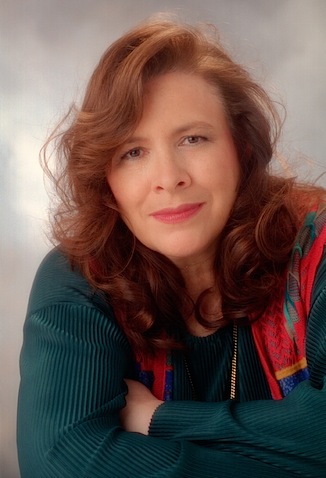
“In nearly all traditions, sacred psychology assumes that the deepest yearning in every human soul is to return to its spiritual source, there to experience communion and even union with the Beloved.”
–Jean Houston (American Scholar, Researcher and Author on Human Potentialities, 1937-)
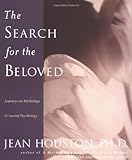
“The Search for the Beloved: Journeys in Mythology and Sacred Psychology” (Jean Houston)








